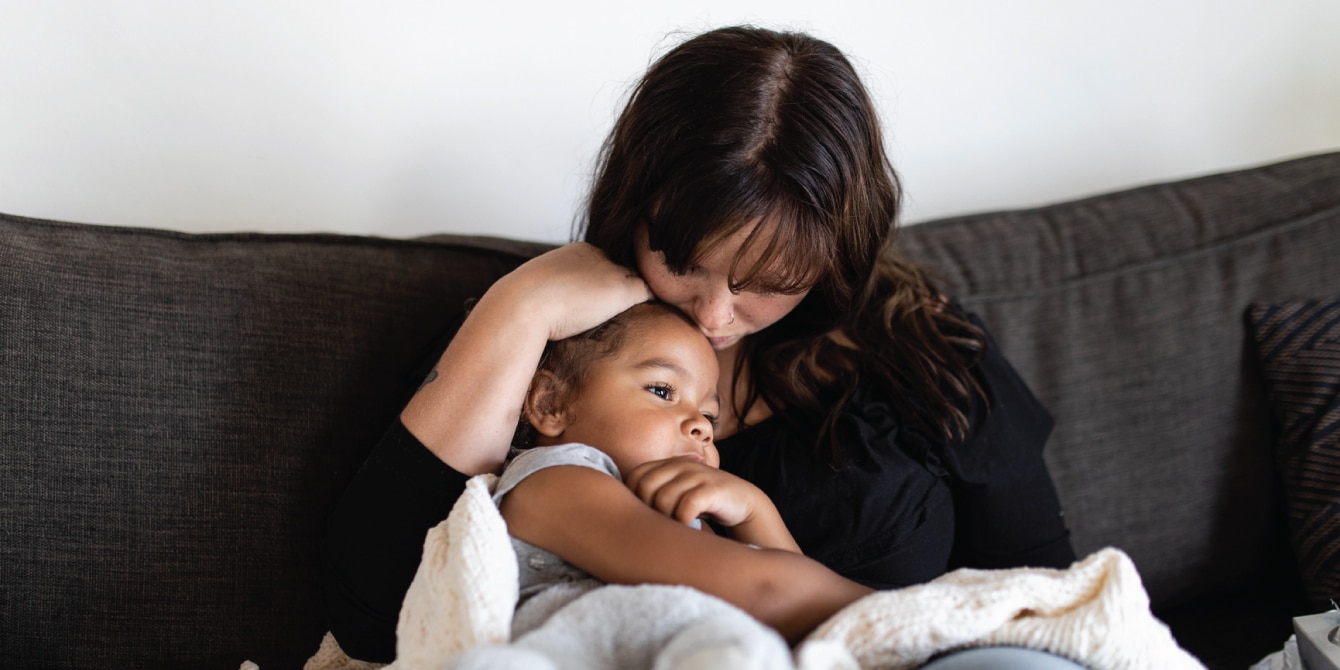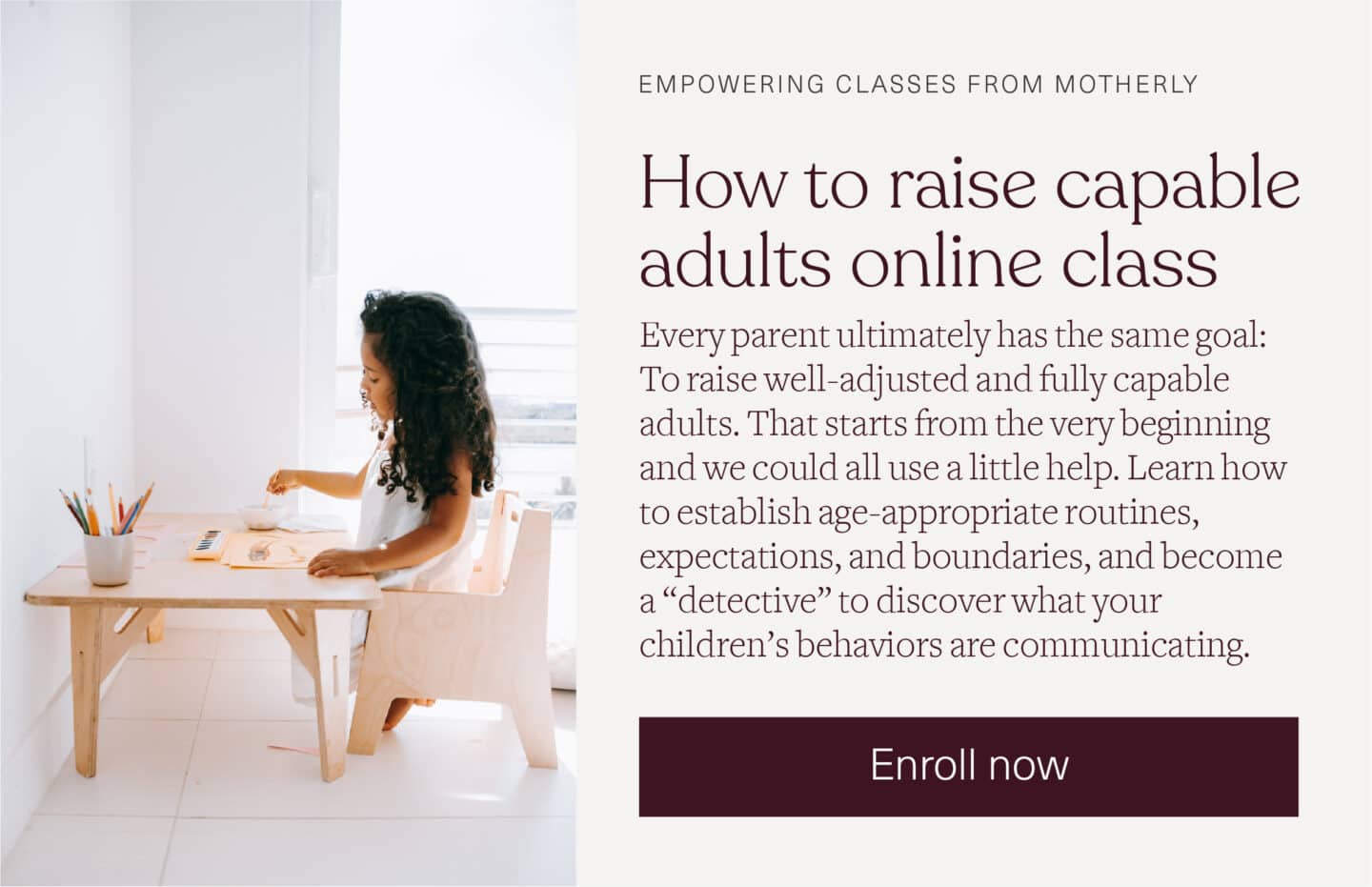Why I give my kids mental health days
They can teach your kids to value the mental health breaks we all need—and make wonderful memories along the way.

McKinsey Jordan/Stocksy

Long ago and far away, before the pandemic, prior to remote learning and certainly before our kids had to skip school due to a possible Covid exposure, there were a few ways to legitimately miss a school day. Physical health and the weather led the list.
As a parent, I doubled down on my “out there” and less than traditional view of how health should be seen. I was clear that health was not simply physical—there was mental health and it counted. My family understood this as well. This was one thing I nurtured as a parent, ensuring my children’s feelings and moods stayed an authentic part of the daily dialogue.
And so, with my authority as “Mom,” I took a big, non-traditional step: I granted each of my four children one “Mental Health Day” per year. This valuable (though vague) freebie was a perfect fit for our brood. Like when a child is sick and staying home, it meant that I would take the day off from work as well. And while it was tricky at first, with each kid, clients became more and more understanding (or did I become more confident in my truth?).

Like an old school sick day, I was given no warning. And just like a sick day it required some shifting and rearranging. It was each kid’s choice. Better still, it validated the lesson of listening to your inner voice and lovingly giving yourself a break when you needed it. It also underscored that I, as their mother, trusted their judgment; their call for a “day off” was not questioned, and in fact, it was often encouraged.
How we do mental health days
Sam is my youngest. He had seen his siblings use their mental health days for years, and being an organized, list-making kind of kid (he made and kept lists all over the house, including the walls of the garage), he was well prepared. These days were pure gold, not to be wasted. I remember him watching in amazement as one of his sisters turned down my suggestion to use a school day in October (“too early”) because she did not want to use hers up with so many school months still ahead. He was taking notes.
Sam’s first mental health day was in third grade. It was winter and he was in need of a break, as well as time alone with me. It was a clear, sunny day, perfect for skating on the National Mall, visiting the National Gallery of Art’s sculpture garden and lunching at Jose Andres’ Oyamel where we tasted the time away. We got home and read and then watched a movie. The day was pure gold. And we both left it feeling invigorated, emotionally fed and better connected.
Later years would see us going to a Washington Capitals practice—after which I waited outside in the frigid cold with him with the hope of getting some player’s autographs, and another time, we were some of the only people in a daytime matinee, followed by sushi.
The benefits of mental health days for kids
These were extraordinary days, so very special to each of my kids. And to me as a mother, it validated my belief that we all need to know that a break is more than ok.
It was much less about what we did or where. It was about each of my children being encouraged to trust their instincts and their feelings. It taught them that taking a break from the grind as an investment in feeling better was wise. And they learned that I respected them well enough to invest in their feelings by celebrating their mental health days, not as a defeat, but a victory of growing to know themselves.
This story is a part of The Motherly Collective contributor network where we showcase the stories, experiences and advice from brands, writers and experts who want to share their perspective with our community. We believe that there is no single story of motherhood, and that every mother's journey is unique. By amplifying each mother's experience and offering expert-driven content, we can support, inform and inspire each other on this incredible journey. If you're interested in contributing to The Motherly Collective please click here.